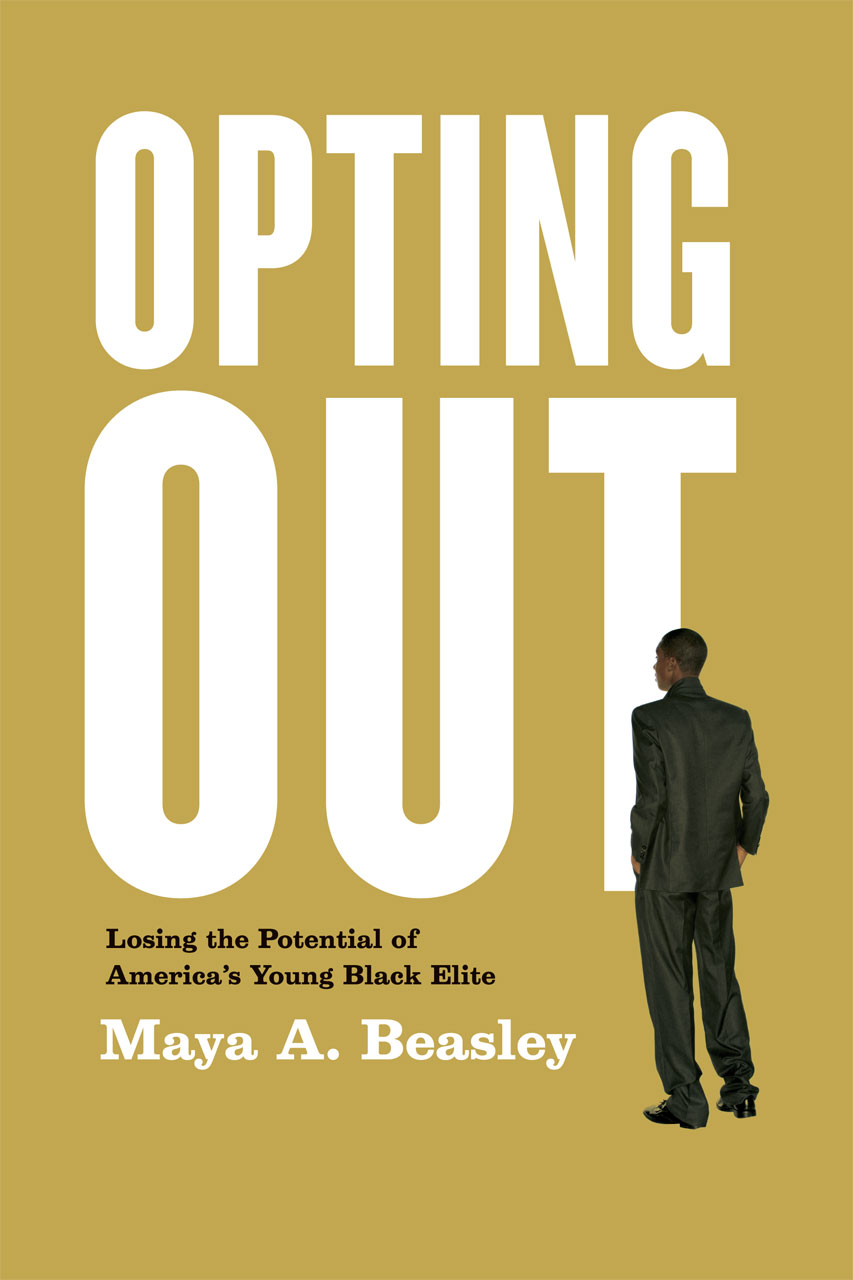The Accidental Diva by Tia Williams 2004
Putnam
Incredible Quote: "What he didn't tell Billie was how naive she sounded, telling him what hustling was about. In the fifth grade, he had more game in his size-five Adidas kicks than anyone at that party could ever hope to have. He hustled to survive. It was either get out there and sell the shit out of some crack, or eat grape jelly for dinner and hope the rat that bit you in your sleep wasn't carrying anything lethal. When Billie talked about hustling and playing the game, what she really meant was that she was ambitious. She was a go-getter. She set high goals for herself and met them, exceeded them. But the bottom line was that she had been born into a supportive, loving, comfortably middle-class family that took care of her and nurtured her and provided as security blanket. Jay came from nothing. Worse than nothing" (186).
One Sentence Review: A diverting read that is excellently paced and notable for both its now-outdated culture references and relevant social commentary on a number of topics ranging from class to fashion to race with a distinctive (in the best way possible) narrative voice.
I love this distinction Ms. Williams makes in her novel. I never realized that people describing themselves as "hustlers" bothered me until I read this passage and found myself nodding in agreement. Especially when celebrities use the term, I just find it ridiculous (excluding those who actually came up from nothing as opposed to those born to famous parents, etc etc) and Ms. Williams perfectly illustrates why. If you're thinking this quote is a bit heavy and shying away from this novel, never fear. This quote is expertly woven into a romp of a read that straddles the line between light and social commentary. It was exactly what I needed to end 2015, a lot of fun to read while making witty observations about being "the only" and exploring class issues that it managed to not only hold my attention but also cause me to pause and think after reading a passage.
The only negative I can see is that it confirmed my fears about the beauty industry in terms of its shallowness. But it's a unique (for me) professional setting for a book so it kept me turning the pages. This book was published in 2004, 12 years later it's sad that we're still having the same conversations. Through Billie the author tackles cultural appropriation (which Bille calls "ethnic borrowing" in the beauty and fashion industry and maybe it's just because of the rise of the Internet and public intellectuals and blogging but it had honestly never occurred to me that people were having these conversations pre-Twitter. That demonstrates my ignorance and I was happy to be enlightened while also being sad that white gaze still has so much power over beauty standards. Although it is getting better because it is harder for beauty companies, fashion companies and magazines to ignore being called out when they "discover" some trend people of color have been naturally gifted with/been doing/wearing for years.
Aside from the pleasing depth of the novel, it's a quick paced read. I actually felt caught up in Billie's sweeping romance and just as intoxicated as she did, I didn't want to resurface from her studio apartment. Honestly I'd like a prequel so that we can live vicariously through Billie, Renee and Vida's college years. And I'm so happy her friends served more of a role than just providing advice at Sunday brunch. Also Billie's family dynamics were absolutely hilarious and unexpected.
I dealt with similar issues to Billie and Jay although not on as large a scale, granted I'm not a professional (yet) but I can relate to the class issues that come up in a relationship with two different economic backgrounds. And not to be a cliche but especially when it's the woman who comes from the comfortable lifestyle and the preconceived notions that we have/that other have about us, difficulty is involved and so on a personal level I was able to really connect with Billie (and better understand Jay).
0 Comments on Throwback Thursday: The Accidental Diva as of 3/10/2016 10:26:00 PM
Add a Comment




